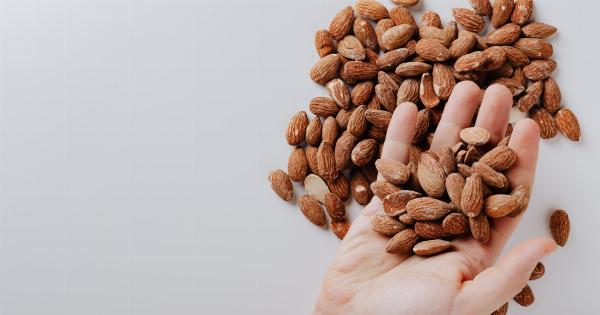Protein is an essential nutrient that plays a critical role in many vital functions in the body, such as building and repairing tissues, producing enzymes and hormones, maintaining fluid balance, and supporting immune function.
The human body needs protein to go on functioning properly, and if there’s a deficiency, the consequences can be serious. However, many myths and misconceptions about protein are circulating in society, making it necessary to understand the truth about protein deficiency.
What is Protein Deficiency?
A protein deficiency occurs when the body does not get enough protein in the diet. The World Health Organization recommends a minimum of 0.8 grams of protein per kilogram of body weight per day.
For someone who weighs 150 pounds, that means a minimum of 54 grams of protein per day. Long-term protein deficiency can cause a wide range of medical conditions and can even be fatal.
The Symptoms of Protein Deficiency
Protein deficiency symptoms vary widely, ranging from the mild to the life-threatening. In its early stages, protein deficiency may cause symptoms such as fatigue, weakness, and decreased muscle mass.
As it becomes more severe, symptoms may include edema, or fluid buildup in the tissues, especially around the belly, ankles and legs. In children, protein deficiency can have a particularly negative impact and can cause stunted growth, delayed development, and poor appetite.
Who is at Risk of Protein Deficiency?
Protein deficiency can occur in anyone, but certain populations are more at risk.
Vegans and vegetarians, for instance, may find it challenging to get enough protein because they avoid animal products, which are some of the most protein-rich foods out there. Athletes and bodybuilders also need more protein than the average person, as they’re building muscle mass and need the amino acids found in protein to repair and strengthen their muscles.
The Dangers of Protein Deficiency
The dangers of protein deficiency can be severe and long-lasting. Over the long term, protein deficiency can cause stunted growth, muscle wasting, and the weakening of the immune system. In its most extreme forms, protein deficiency can cause death.
In times of famine, war, and natural disasters, protein deficiency is a leading cause of morbidity and mortality.
The Best Sources of Protein
While protein deficiency is serious, it’s also preventable. The best way to get enough protein in your diet is by eating a variety of protein-rich foods. Some of the best sources of protein include:.
- Meat and poultry: Beef, chicken, pork, and lamb all contain high levels of protein, as well as essential nutrients like iron and vitamin B12.
- Fish and seafood: Fish is an excellent source of protein and omega-3 fatty acids, which can help reduce inflammation and improve heart health.
- Dairy products: Milk, cheese, and yogurt are all good sources of protein, as well as calcium and other essential minerals.
- Eggs: Eggs are an excellent source of protein and are considered a complete protein because they contain all nine essential amino acids.
- Nuts and seeds: Almonds, peanuts, sunflower seeds, and other nuts and seeds are high in protein, as well as healthy fats and other nutrients.
- Legumes: Beans, lentils, and chickpeas are rich in protein, fiber, and other essential nutrients, making them an excellent choice for vegetarians and vegans.
When to Seek Medical Attention
Most people in developed countries consume enough protein and don’t need to worry about deficiency. However, if you’re experiencing any of the symptoms of protein deficiency, it’s important to speak to your doctor.
Your doctor may recommend you see a registered dietitian to ensure you’re getting enough protein in your diet.
Preventing Protein Deficiency
Preventing protein deficiency is relatively straightforward. Eating a balanced diet that includes protein-rich foods from a variety of sources is the most effective way to ensure you’re getting enough protein.
In some cases, supplements may be necessary, especially for those who are at risk of deficiency due to a particular medical condition or lifestyle choice.
Final Thoughts
Protein is a vital nutrient that plays a critical role in many essential bodily functions. A protein deficiency can have far-reaching consequences, from stunting growth in children to increasing the risk of morbidity and mortality.
Fortunately, it’s easy to prevent protein deficiency by eating a balanced diet that includes plenty of protein-rich foods. Consult with a doctor or registered dietitian if you’re experiencing any of the symptoms of protein deficiency or if you’re concerned about your overall protein intake.























